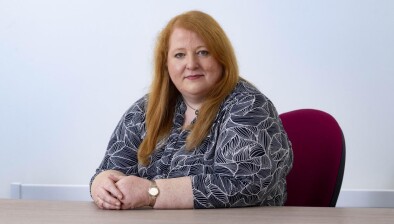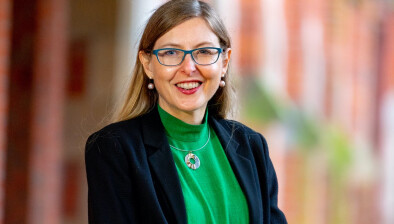NI: Lord Chief Justice complains of ‘wasted year’ over legacy inquests

The Lord Chief Justice of Northern Ireland, Sir Declan Morgan, has complained of a “wasted year” due to a lack of progress on funding for legacy inquests.
Sir Declan, addressing the Victims and Survivors Forum, criticised the lack of progress in securing political agreement and funding for legacy inquests since he put forward his plan in February 2016 for tackling these cases.
Adding that the dissolution of the Northern Ireland Assembly and the forthcoming election meant there would be a further period of inaction until the end of March at the very least, he said that: “Wasted time is something we can ill afford but it is as yet unclear to me when there may be a further opportunity to move forward on these matters”.
Sir Declan said it was “simply not correct” to suggest that he has chosen to give priority to cases in which it is the State that is being held to account rather than terrorist organisations.
He stressed that he wants to see outcomes delivered for all victims and survivors and that he has not sought to promote the rights of any group of victims or survivors to the detriment of others:
“My focus on legacy inquests is a direct result of the responsibilities placed on me over a year ago by the Department of Justice, when the Minister decided to appoint me as President of the Coroners’ Courts.
“I cannot ignore my statutory responsibilities but I do understand the fears and concerns of other victims and survivors, many of whom are also bitterly disappointed by the delay in achieving a political resolution on an overall legacy package.”
The Lord Chief Justice said he had made it clear in his meetings with those involved in political discussions that he was more than happy to assist with ensuring the effective operation of the new institutions that have been proposed under the Stormont House Agreement.
Reiterating that it was wrong to characterise his request for funding for inquests as prioritising one set of cases, Sir Declan said that if the procedures for inquests were to be streamlined and improved, the benefits would naturally read-across to the new institutions as well since his proposals include plans for the greater use of electronic systems and more efficient arrangements for managing the disclosure process which will also be important for the work of the Historical Investigations Unit when established.
Sir Declan repeated his view that there will need to be an injection of additional funding for a reformed inquest process and closer co-operation between organisations:
“It would be wrong to allow the families concerned to believe that we can somehow achieve the impossible under the existing inquest process.
“If the resources I have requested are not forthcoming, we will need to make a careful assessment of what can reasonably be achieved within the limited budget we are given and under the existing inquest process.”
The Lord Chief Justice accepted that this is a complex and difficult issue, but concluded that those with responsibility should have the courage and maturity to tackle this issue definitively and decisively in the interests of providing truth and justice for all victims and survivors.










